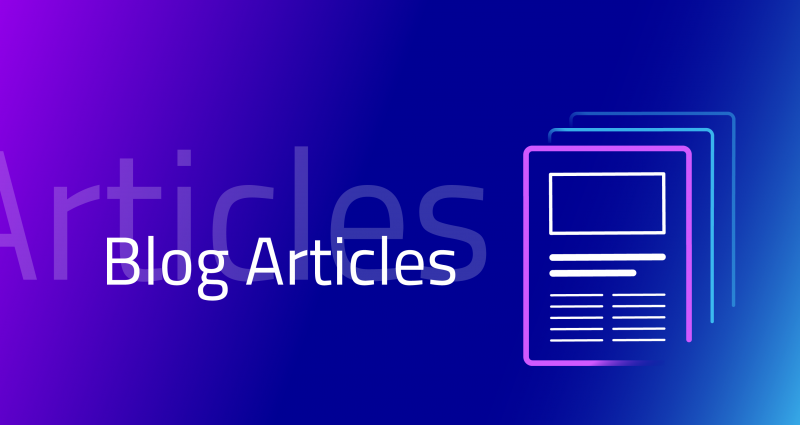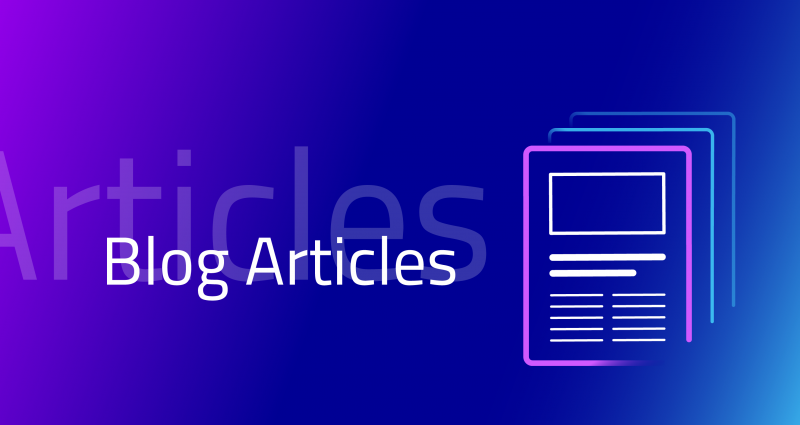
Europe’s tourism sector stands at a crossroads. With travellers expecting more personalised, sustainable experiences, which demands smarter, greener destinations, the ability to govern and share data effectively is becoming vital. The Gaia-X Tourism Data Space event explored how trust, interoperability and inclusivity are shaping data governance in European tourism.
“Governance is not just technology and regulations, it’s about people,” remarked Victor Gorga, Managing Partner at Inmark, during the Gaia-X Tourism Data Space event. This sentiment echoed throughout the webinar, which marked the launch of the White Paper on Data Governance for Tourism and gathered experts across the tourism sector and European Commission. The conversation expanded on the paper, tackling a pivotal question: how can Europe transform its fragmented tourism ecosystem into one that is collaborative, inclusive, and sustainable through trusted data sharing?
Addressing a Fragmented Landscape Through Trust and Interoperability
The white paper highlights key challenges facing tourism data governance: a fragmented landscape of public and private actors, lack of interoperability, reluctance to share data, absence of common standards, and digital inequality. “Tourism data holders range from national authorities to small DMOs and individual businesses,” explained Gorga. “They all generate data, but they’re not interconnected. Systems don’t speak the same language.”
To bridge these gaps, Gaia-X is “enabling the creation of interoperable data spaces across sectors—tourism, mobility, smart cities—based on a joint trust architecture,” said Ulrich Ahle, CEO of Gaia-X. The Gaia-X Trust Framework defines a shared language and verification process to describe participants in a data-sharing context and assess whether they comply with predefined rules to establish trust.
Gaia-X CSO Alberto Palomo explained the framework using an analogy: “Think of Gaia-X like the 5G standard in telecoms. You don’t see it but it’s essential. It ensures that everything speaks the same language, whether we’re exchanging tourism data, mobility data, or health data.” This underlying compatibility allows data to be shared, no matter the service or sector.
Enabling Governance Through Inclusivity
Learning from the early adopters of data spaces is key to driving governance forward in practice.
Jonathan Huffstutler from Eona-X described their evolution from a small circle of trusted innovators to a federated ecosystem supporting major events like the Paris Olympics. “As we scale to include more SMEs, their key questions are not around how data governance works, but seeing it work and about cost, value, and ROI.”
As SMEs make up the largest share of the Tourism Ecosystem, their feedback underscores the need for simplicity and clarity in how data spaces communicate their value. Participation is more likely when users grasp not just how things work, but why they matter.
Speakers stressed that for governance frameworks to succeed, inclusivity must be a guiding principle. “We risk creating digital inequality,” warned Gorga. “Some actors move forward while others are left behind.”
Rehana Schwinninger-Ladak, Head of Unit at DG CONNECT, shared how the European Commission is addressing this: “We are reviewing data legislation to cut red tape and support automatic compliance tools. But we must also invest in capacity building… provid[ing] stakeholders with the right skills and tools to be able to share and reuse data.”
This emphasis on inclusion was echoed by Polona Černič from Ljubljana Tourism, a Destination Management Organisation (DMO), who shared how her organisation aggregates and shares real-time tourism data across 24 municipalities in the Ljubljana region. “Trust starts with human relationships,” she noted. “Workshops, meetings, field visits—these are essential to make data governance real on the ground.”
Looking Forward
So how do we move from pilots to real impact? For Dolores Ordóñez, Director-General of AnySolution, the answer lies in simplifying participation. “Inclusivity is making things easy to understand.” Within the DeployTour project, they are developing data exchange template contracts for SMEs, while upcoming EU projects like FACILITATE will generate skills within SMEs and DMOs around how to use and manage data spaces.
A new EU Strategy for Sustainable Tourism will reinforce the Tourism Ecosystem, noted Andreea Staicu, Head of Tourism Sector at DG MOVE. She shared that the European Commission is launching a targeted consultation (open until 15 August) to inform the new EU Strategy.
As data spaces in the Tourism Ecosystem continue to implement and scale, trust, interoperability, and inclusivity are not optional. They are the foundations of a well-governed European Tourism Data Space.
Author: Victor de Vries, Community Manager, Gaia-X European Association for Data and Cloud AISBL
Useful Links:
- Find out more about the Gaia-X Trust Framework
- Catch up on the recording of the Tourism Data Space Event
- Read the Data Governance for Tourism Governance White Paper
